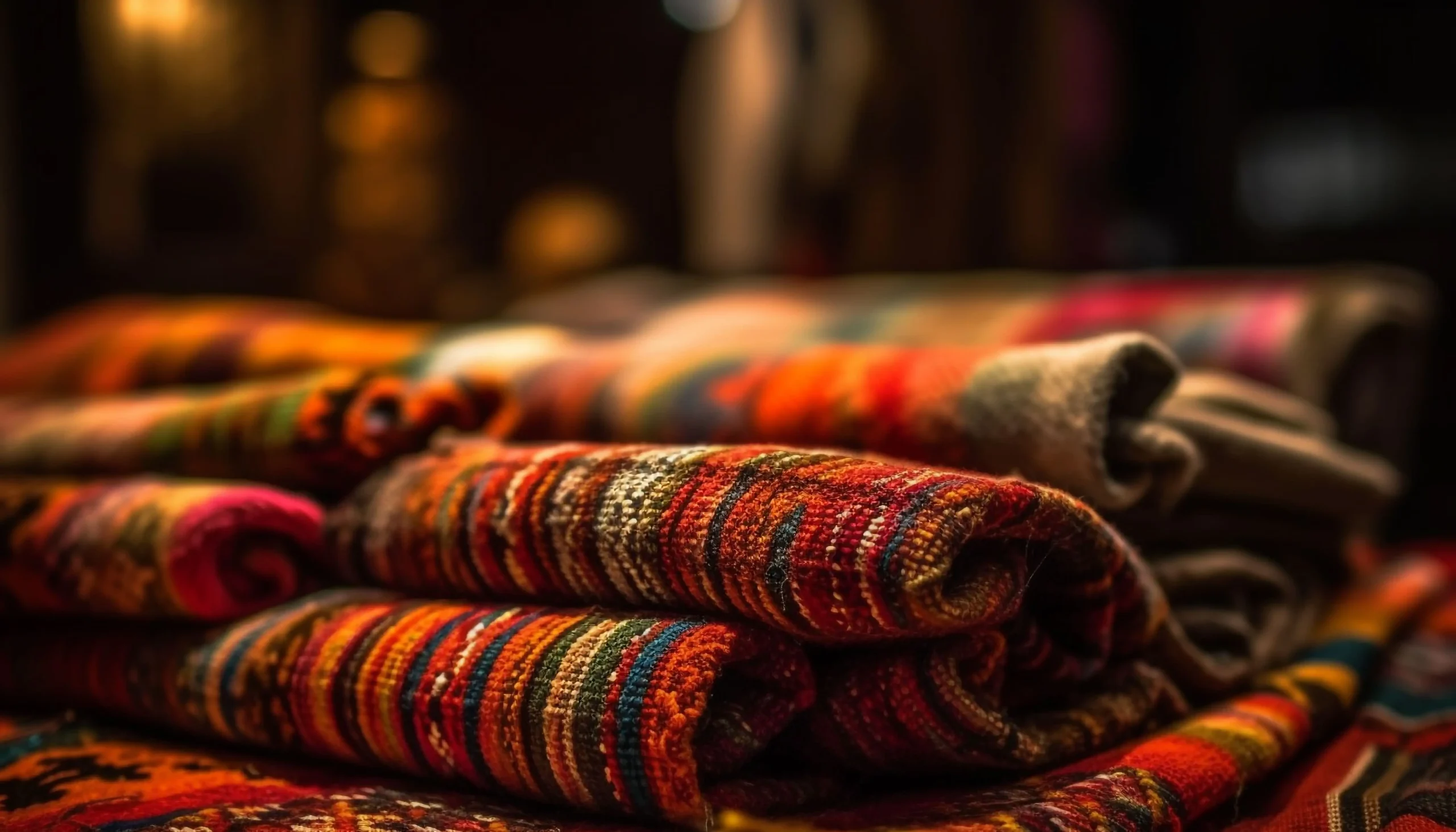

How Indian Handloom Products Promote Sustainable Fashion
In an era where sustainability has become a crucial consideration in our everyday choices, the fashion industry is no exception. As consumers become more conscious of their environmental footprint, there is a growing demand for sustainable fashion. One significant player in this movement is Indian handloom products. At Woodloom, we are proud to offer a range of handloom clothing that not only celebrates India’s rich textile heritage but also promotes a more sustainable and ethical approach to fashion.
The Rich Legacy of Indian Handloom Weaving
Indian handloom weaving is an age-old tradition that has been passed down through generations. It encompasses a wide variety of techniques and styles, each unique to different regions of the country. From the intricate patterns of Banarasi silk to the vibrant colors of Kanjeevaram sarees, Indian handloom products are a testament to the country’s diverse cultural heritage. This artisanal craftsmanship supports local weavers and their communities, preserving traditional skills and promoting cultural sustainability.
Importance of Sustainable Fashion
Sustainable fashion is about making choices that are better for the environment and for people. It involves considering the entire lifecycle of a product, from the raw materials used to the production processes, and eventually, the disposal of the garment. By opting for sustainable fashion, consumers can help reduce pollution, conserve resources, and support ethical labor practices.
Use of Natural Fibers
One of the hallmarks of Indian handloom products is the use of natural fibers such as cotton, silk, wool, and jute. These fibers are biodegradable and have a lower environmental impact compared to synthetic alternatives. Cotton, in particular, is a staple in Indian handloom weaving, prized for its comfort and breathability. The use of natural fibers ensures that the clothing is not only eco-friendly but also skin-friendly.
Eco-friendly Dyeing Processes
The dyeing process in conventional textile production often involves harmful chemicals that can pollute waterways and pose health risks to workers. However, Indian handloom products frequently use eco-friendly dyeing processes. Natural dyes derived from plants, minerals, and other organic sources are common in handloom textiles. These dyes are not only safer for the environment but also produce rich, vibrant colors that are less likely to fade over time.
Minimal Waste Production
Handloom weaving is inherently a low-waste process. Unlike mass-produced textiles that often result in significant fabric waste, handloom products are made with meticulous attention to detail, ensuring minimal material wastage. Additionally, many handloom weavers practice upcycling, using leftover yarns and fabrics to create new products, further reducing waste.
Low Energy Consumption
One of the critical differences between handloom and powerloom production is energy consumption. Handloom weaving is primarily a manual process that relies on human skill rather than machinery. This significantly reduces energy consumption and the associated carbon footprint. By choosing handloom products, consumers are supporting a more energy-efficient and sustainable method of production.
Handloom vs. Powerloom
While powerlooms can produce textiles quickly and in large quantities, they often do so at the cost of quality and sustainability. Handloom products, on the other hand, are synonymous with quality and uniqueness. Each piece of handloom clothing is a work of art, embodying the dedication and expertise of the weaver. By opting for handloom over powerloom, consumers can enjoy high-quality, unique garments while also making a positive impact on the environment and supporting traditional artisans.
Conclusion
At Woodloom, we are committed to promoting sustainable fashion through our collection of Indian handloom products online. By embracing handloom clothing, you are not only making a stylish choice but also supporting a movement towards more ethical and sustainable fashion practices. Our handloom products celebrate the rich textile heritage of India while offering eco-friendly and high-quality alternatives to fast fashion.
